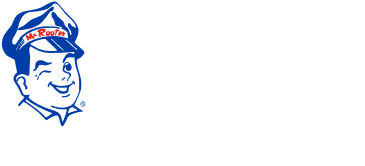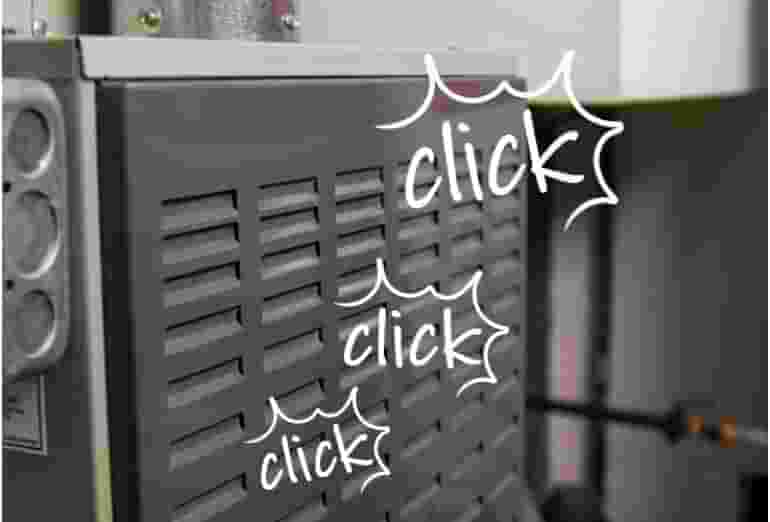Whether you’re maintaining a beautiful lawn at your business or watering crops, professional commercial irrigation system installation and repair keep things lush without breaking a sweat. The irrigation installation cost is worth the time and effort you save on watering manually. Stop worrying about watering and contact your local Mr. Rooter® Plumbing for a smooth, professional installation or quick, dependable repairs.
Request an estimate for your irrigation system installation or repair.
Types of Irrigation System Installations We Offer
Water your lawn or field with the irrigation set up right for your business. We install the following systems at commercial properties:
- Commercial drip irrigation design
- Spray irrigation systems
- Subirrigation farming systems
- Above- and underground irrigation pipe installation
Worried about your commercial irrigation system cost? We’ll provide a personalized quote for your business, so you know exactly what to expect.
How to Know When your Commercial Irrigation System Needs Repairs
A broken irrigation line can quickly turn into a big problem for your business. Keep an eye out for these signs that you need repairs to your system:
- Visible leaks. If your system flows continuously, without shutting off, it’s leaking. You need to shut off your water main and contact professional help immediately to take care of the problem. Minimize water bill costs and possible water damage from flooding by correcting the problem ASAP.
- Soggy ground. An underground system may spring a leak under the dirt. Saturated land that never seems to dry out is a sign your irrigation system leaks somewhere you can’t see. You may also see standing water, especially around the sprinkler heads.
- Dying grass or plants. Are the plants you irrigate dying with no other explanation? It’s likely your setup either floods the area or doesn't water at all. Dried-out grass is brown and brittle, while overwatered grass looks yellowed and is often squishy.
- Grass fungus growth. Saturated grass can provide the perfect habitat for grass fungus, just like damp areas in your business might sprout mould or mildew. Black, brown, or white patches on your lawn can indicate fungus growth.
- Spikes in your water bill. While there will always be seasonal highs and lows on your water bill, a sudden spike can indicate your system isn’t shutting off properly. Check for soggy ground or dying grass if your water bill turns into an unexpected expense.
- Low flow. Spray irrigation systems should shoot visible streams of water across the area they keep watered. Low water pressure that doesn’t cover the whole area indicates a leak somewhere in the system. You may also notice an unevenly watered lawn.
- Damaged hardware. Check all the above-ground parts of your system once a year. After winter, we recommend going over your pipes and sprinkler heads for damage before the heavy watering season starts.
Find Commercial Irrigation Installation and Repair Near Me
Get a new system installed or keep the irrigation system you already have in good repair to improve the visual appeal of your business and avoid the costs of broken irrigation. Our experienced service professionals cover everything from scheduled installation to emergency services for a leaking pipe. We’ll be happy to get your system running when you call or request an estimate online.
Frequently Asked Questions
How long should I run my drip irrigation system?
On a lawn, run a low-flow emitter (which emits four litres of water per hour) for 90 minutes and a high-flow emitter (up to 75 LPH) for 12 minutes. Water every other day during hot weather and twice a week during spring and fall. If you grow crops, run your system based on your emitter and how much water your crops need.
How much water does drip irrigation save?
Drip irrigation uses up to 20–60% less water than a standard system. Water is fed directly into the ground, avoiding the runoff and evaporation that makes above-ground systems less efficient. Drip irrigation systems can also increase crop yield with correct use.
Can you tell me how to clean irrigation lines?
Flush your irrigation system with an acid—like nitric, phosphoric, or sulfuric acid—to clear lines at the end of the growing season and prevent bacteria and salt buildup. Our pros flush irrigation lines to maintain your system and prepare it for winter.
 Click to call
Click to call


